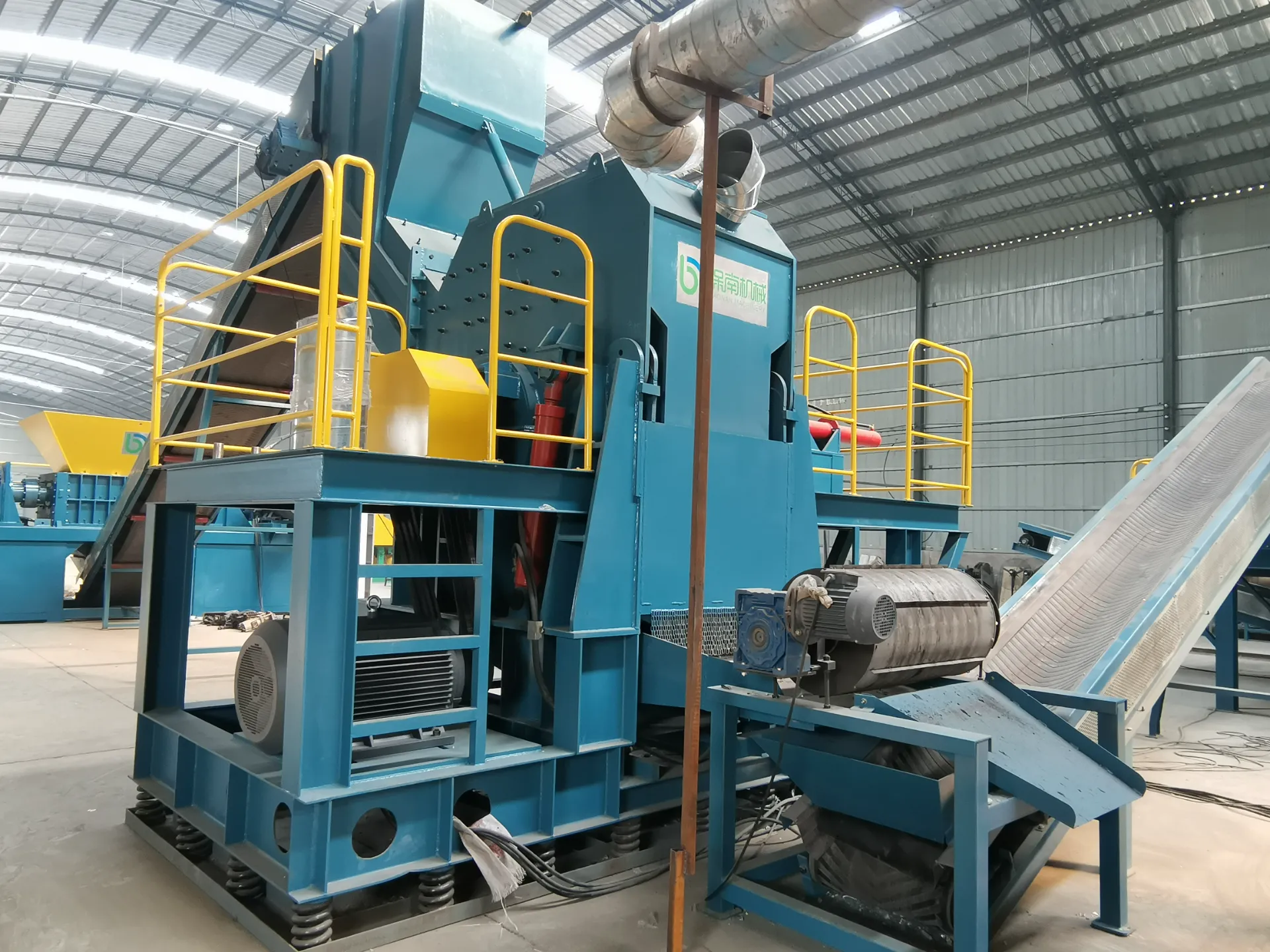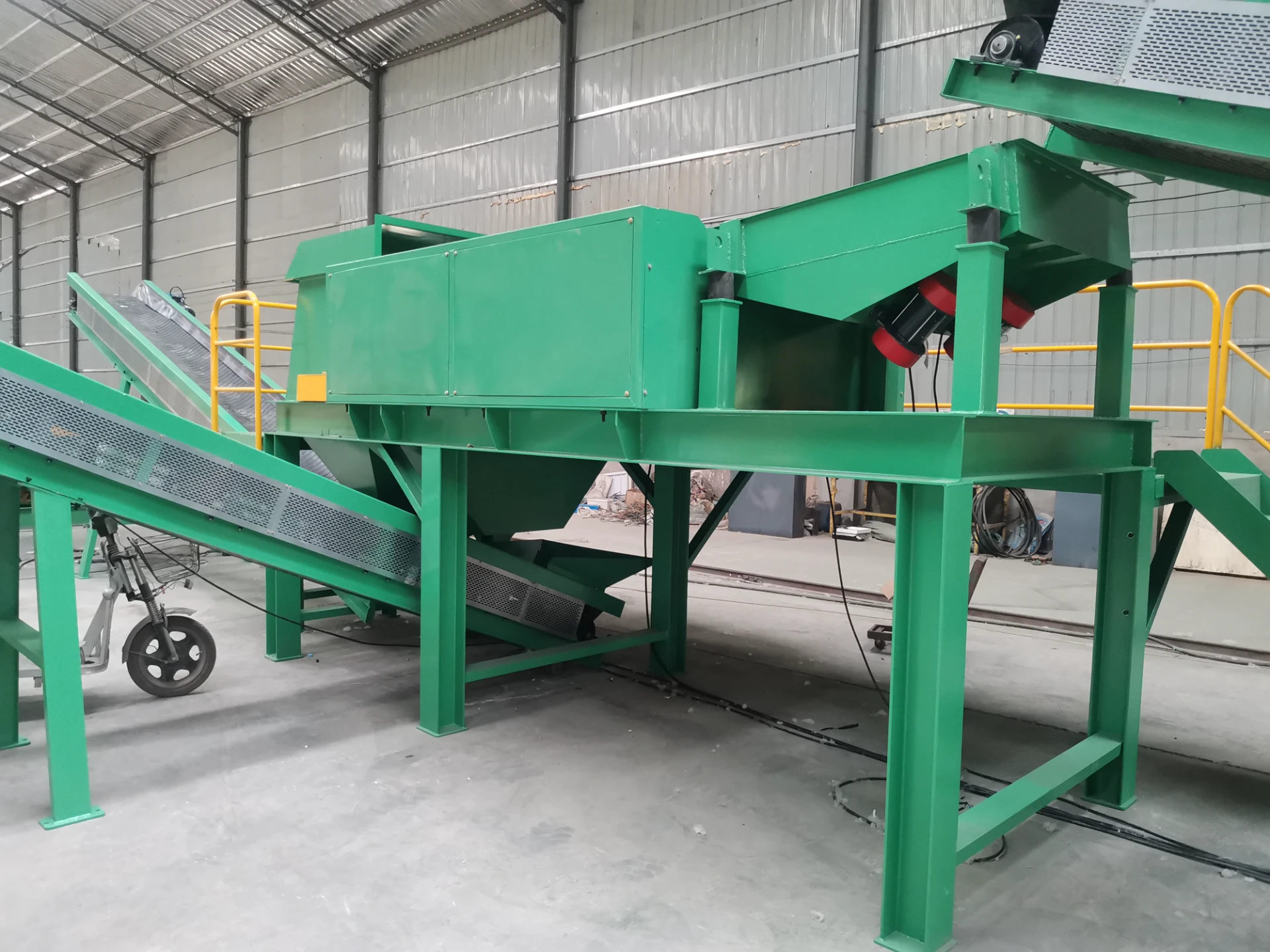Proper disposal of old electronics is not just a personal responsibility but a crucial step toward environmental preservation and resource recovery. These devices are rich in materials that can be recycled or, if not disposed of properly, can harm ecosystems. Based on years of expertise in electronics waste management, this guide will elucidate effective and environmentally friendly methods for disposing of old electronics while enhancing your understanding of the subject with straightforward, trust-inspiring guidelines.

Firstly, addressing local e-waste recycling programs is an effective way to dispose of outdated electronics responsibly.
Most communities offer disposal or recycling days specifically for electronic waste. Contacting your local municipality can provide specific dates and locations. These programs ensure gadgets are handled by professionals who follow environmental safety protocols, thus preventing harmful materials from contaminating the environment.
Another viable option is utilizing certified e-waste recycling companies. These organizations specialize in dismantling electronics and recovering valuable materials such as metals and plastics, ensuring they are reused in productive ways. Choose recyclers certified by e-Stewards or R2 (Responsible Recycling) standards as they’re audited for responsible practices, assuring you that your old electronic devices do not end up in landfills or contribute to pollution.

For functional but outdated electronics, donation is a sustainable option. Many charities and non-profits, such as Goodwill or The World Computer Exchange, welcome gently-used electronics. Your donation can breathe new life into devices and enable access to technology for underprivileged communities. This not only helps the environment but also supports social causes, multiplying the impact of your e-waste disposal.
In a corporate context, responsible electronics disposal is even more crucial. Businesses may encounter large volumes of e-waste as they upgrade technology periodically. Partnering with IT asset disposition (ITAD) companies offers a safe and certified route to manage and recycle corporate e-waste. These companies provide data sanitation services, ensuring all sensitive information is securely erased before hardware is repurposed or recycled, augmenting trust and safeguarding privacy.
how do you dispose of old electronics
Participating in manufacturer take-back programs is another avenue for responsible disposal. Many tech giants like Apple, Samsung, and Dell offer recycling services. They provide drop-off spots or free shipping labels, facilitating the return of your old devices for recycling or refurbishing. This keeps e-waste out of landfills and aligns manufacturers with sustainable practices. Often, these programs will compensate you or provide discounts on new purchases, turning past products into value.
Online platforms like Gazelle or Decluttr provide cash for functional electronics, offering an incentive to sell rather than discard them. This service is both simple and environmentally friendly, allowing you to ship your old electronics to them for inspection and compensation, reducing clutter sustainably.
On the individual level, understanding the components within electronics can enhance your recycling efforts. Devices like smartphones, laptops, and cameras contain valuable metals such as gold, silver, and copper. Familiarizing yourself with the components can guide you in making informed decisions about which recycling methods offer maximum material recovery, refining your personal disposal practices.
Ensuring that your data is entirely erased from any device before disposal is crucial to maintaining privacy and security. Simple factory resets may not fully erase data, so consider using specialized software for comprehensive data destruction. Knowing your data is irretrievable builds trust and reinforces the reliability of your disposal process.
In summary, disposing of old electronics involves a commitment to environmental sustainability and resourcefulness. Whether through local recycling programs, certified recyclers, donations, corporate partnerships, or take-back schemes, employing proper disposal methods benefits both the ecosystem and society. By following these expert-recommended paths, you contribute positively to the environment while ensuring your actions are reliable and reputable.



